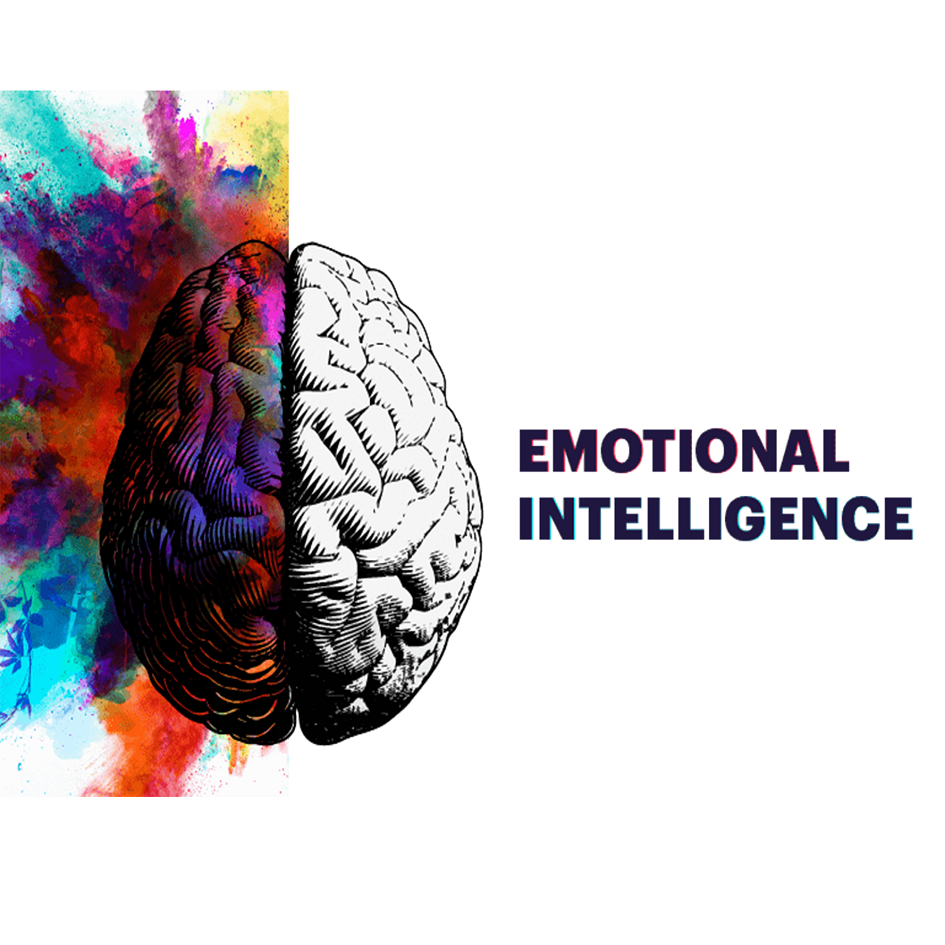


What do you think is more important: IQ or emotional intelligence? If you think IQ is more important, you might be surprised at what you'll learn in this article– that's not to say that IQ isn't important, but there may be some traits that are even more influential on our success.
Emotional intelligence refers to the ability to identify and manage one's own emotions, as well as the emotions of others. It is generally said to include at least three skills: emotional awareness, or the ability to identify and name one's own emotions; the ability to harness those emotions and apply them to tasks like thinking and problem solving; and the ability to manage emotions, which includes both regulating one's own emotions when necessary and cheering up or calming down other people. Emotional intelligence is what we use when we empathize with our coworkers, have deep conversations about our relationship with our spouse or significant other, and attempt to manage an unruly or distraught child. It allows us to connect with others, understand ourselves better, and live a more authentic, healthy, and happy life.
There are many characteristics that can be used to describe people high and low in emotional intelligence. The qualities that best describe employees and leaders with a high EQ:
• They aren't afraid of change; they understand it's a fact of life, and they're quick to adapt.
• They're self-aware-they know what they're good at, what they can work on, and what kinds of environments suit them best.
• They're empathetic. They can easily relate to others and understand what they are going through.
• They're committed to quality but understand that perfection is an impossible standard.
• They're balanced and able to have a healthy professional and personal life.
• They're curious and open-minded, and they love to explore the possibilities.
• They're gracious, grateful, and happy.
On the other hand, there are some good signs of low emotional intelligence as well, they include:
• They are unable to control their emotions.
• They are clueless about the feelings of others, even those close to them.
• They can't maintain good relationships, whether work or personal.
• They always have a "poker face," meaning others have a hard time reading them.
• They are often emotionally inappropriate for the situation.
• They have trouble coping with sadness.
• They are emotionally "tone deaf," and have trouble reading emotions from tone of voice.
• They have trouble being sympathetic with others.
• They are completely unmoved by emotional scenes in movies, TV, or books-no matter the genre.
It is important to develop our Emotional Intelligence Because being able to understand your emotions is fundamental to understanding what it is that will make you more high-functioning and lead you to flourish. As humans, we tend to be highly emotional and social creatures. Being emotionally intelligent will help you connect with others, boost your performance at work, improve your communication skills, help you become more resilient, and much more. It turns out that having a high level of emotional intelligence will make you successful in just about every aspect of your life!